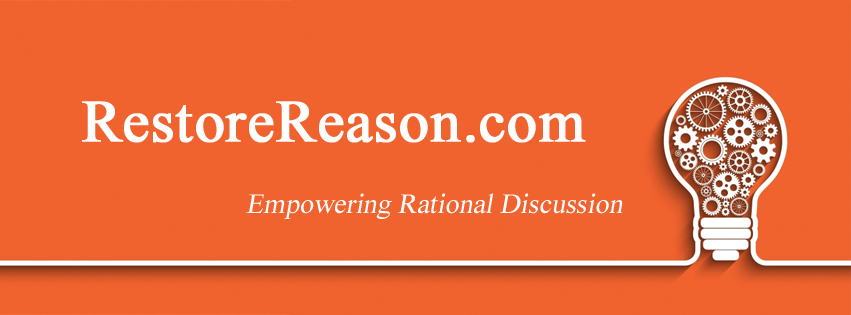I live in a largely conservative active-adult community where the average age is this side of 65 (I do my part to keep the average on this side.) The other day, for probably the 100th time, someone said to me: “I am socially liberal, but fiscally conservative.” I’m guessing what she meant was that she supports the idea of “live and let live”, but believes that we (mostly the larger “we”), should live within our means.
What I heard is that she is a nice person, but unlike “real” liberals, she doesn’t believe in giving away the farm. And that, quite frankly, pisses me off. My wife and I are pretty dang liberal, but guess what? We are also retired Air Force Colonels who pay our mortgage, our HOA fees, and our taxes. We, unlike GOP Presidential hopeful Scott Walker, pay our credit card bills off each month because we believe in living within our means.
In other words, we are fiscally responsible. That means we believe in staying out of debt, we believe in saving, and we believe in individual responsibility. At the same time, we are social liberals who believe that some people are born with more advantage than others and that a civil society concerns itself with the common good. Where “fiscal conservatism” is synonymous with classical (or neo-classical) liberalism and advocates small government to allow the exercise of individual freedom, I believe fiscal responsibility doesn’t advocate for smaller government, but an efficient and effective one. Government has an important place in ensuring the common good and it is incumbent upon each of us to ensure it provides what we need at a price we can afford. Isn’t that how we try to manage our personal budgets? We try to get the most “bang for buck” on those things we most need and want.
Many conservatives seem to believe government is evil. The truth is, neither government nor business is inherently good or evil. They each have a role to play in ensuring our right to life, liberty and the pursuit of happiness. But, motive does matter. Business is in the business of making a profit and that must drive their strategy if they are to survive and prosper. Government is in the “business” of providing for the common good. Its charge in that regard is to do what is right for the common good without total regard for the “bottom line.”
Social liberals endorse a market economy and the expansion of civil and political rights and liberties. The difference between them and classical liberals is that they believe government has a legitimate role in addressing economic and social issues such as poverty, health care, and education. Under social liberalism, the good of the community is viewed as harmonious with the freedom of the individual.
Unfortunately, for those of you who say you are “fiscal conservatives” but also “socially liberal”, I say get real. You can’t legitimately claim you are in support of those in our society who are disadvantaged in some way and yet be unwilling to do what it takes to help them be equal. It is disingenuous and dishonest. I know the people I’m really trying to reach with this post probably won’t like my using Ellen DeGeneres to support my position, but I believe she said it well. She said: “here are the values that I stand for: honesty, equality, kindness, compassion, treating people the way you want to be treated and helping those in need. To me, those are traditional values.” According to the Dalai Lama, all major religious traditions carry basically the same message, that love, compassion and forgiveness are the important thing and should be part of our daily lives. Being compassionate is not a sign of weakness, irresponsible, or unAmerican. It is the better side of humanity and essential to our harmonious existence and long-term survival.

BRAVO…you nailed it once again!! :-))
Thanks!
Great piece Linda!
A factor I find both amusing and troubling is that fiscal conservatives often talk about families balancing their budgets and ignore the debt they owe on their houses. They also seem to think businesses do not borrow money while raving about the federal debt.
Thanks Bill!
You might just be the smartest person I know…and I know a lot of smart people!
Thanks very much Kathy. I am smart because guess who I look up to? YOU!!!
As is usual, your writings caused me to put my thinking cap on. I wanted to respond with somewhat different point of view. It became “windy” and working it out in writing very lengthy. My view:
http://solidprogressiveview.blogspot.com/2015/08/its-myth-fiscal-conservative-and-social.html